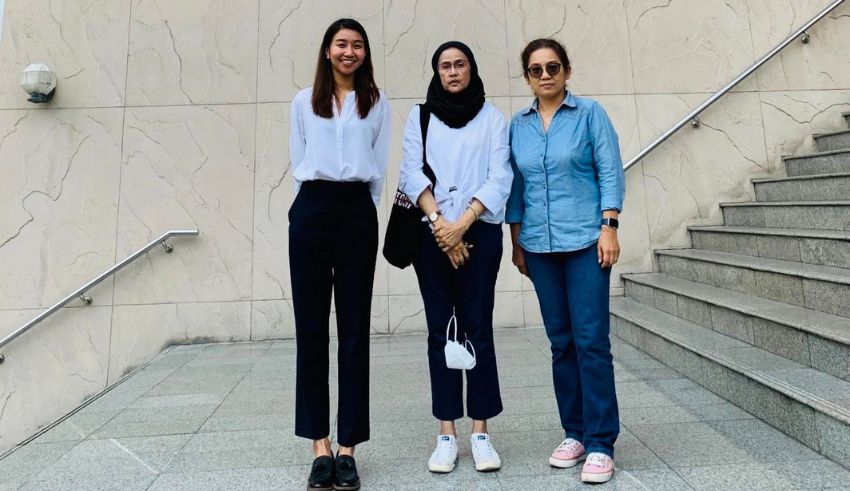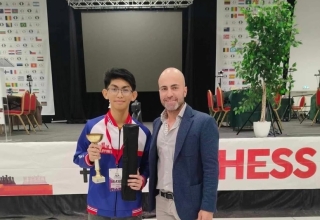
Three Thai activists, Angkhana Neelapaijit, Puttanee Kangkun, and Thanaporn Saleephol, were recently cleared of criminal defamation charges in a decision that both praised the tenacity of human rights advocates and emphasised how oppressive Thailand’s defamation laws are. Their social media posts that exposed the difficult working conditions at a chicken farm run by the Thammakaset firm led to the allegations. Although the court’s verdict was a brief triumph, the case’s wider ramifications highlight the necessity of legal change and the protection of free speech in Thailand.
Background of the Case
The legal saga began in 2019 and 2020 when these activists dared to expose the troubling realities of a chicken farm owned by Thammakaset. The farm had become a symbol of worker exploitation, with reports of grueling hours, withheld overtime pay, and confiscated documents. Despite the Supreme Court’s finding in favor of the workers and ordering Thammakaset owner Chanchai Pheamphon to compensate them, he retaliated by launching a torrent of legal cases against 22 activists involved in the case.
In an odd turn of events, the court ultimately found in favour of the campaigners, ruling that they had not intended to disparage the company and that the links they had provided in their messages had nothing to do with the plaintiff. The defendants were relieved by the ruling, but it also exposed the weaknesses in Thailand’s defamation laws. Anyone found guilty under these provisions could spend up to two years in prison or pay a large fine.
The Cost of Justice
Although it might appear like we’ve won, it cost us a great deal. Puttanee Kangkun succinctly put the matter into perspective when she said, “I have spent my money, time, and energy on a case that wasn’t intended to go to court in the first place. There was a lot of stress. The price paid by these activists is indicative of the larger problem of judicial harassment, in which legal action is used to intimidate opponents and discourage them from seeking redress.
Keep Reading
Thailand’s Struggle with Freedom of Speech
Concerns over Thailand’s freedom of speech have grown, particularly in light of Strategic Lawsuits Against Public Participation (SLAPPs). These legal tricks are frequently used by strong people to frighten those who support civil rights and silence critics. The Institute of Human Rights and Peace instructor Ngamsuk Ruttanasatain correctly notes that such regulations prevent common people from voicing their opinions on crucial issues. As a result, dissenting opinions are silenced and democratic ideals are lost.
The Call for Legal Reform
Concerns over Thailand’s freedom of speech have grown, particularly in light of Strategic Lawsuits Against Public Participation (SLAPPs). These legal tricks are frequently used by strong people to frighten those who support civil rights and silence critics. The Institute of Human Rights and Peace instructor Ngamsuk Ruttanasatain correctly notes that such regulations prevent common people from voicing their opinions on crucial issues. As a result, dissenting opinions are silenced and democratic ideals are lost.
While the acquittal of these activists is a welcome development, it also serves as a sharp reminder of the difficulties encountered by those in nations with stringent defamation laws who dare to speak out against authoritative figures. To protect the right to free speech, stop judicial abuse, and make sure that everyone has access to justice, Thailand’s legal system has to change.


























